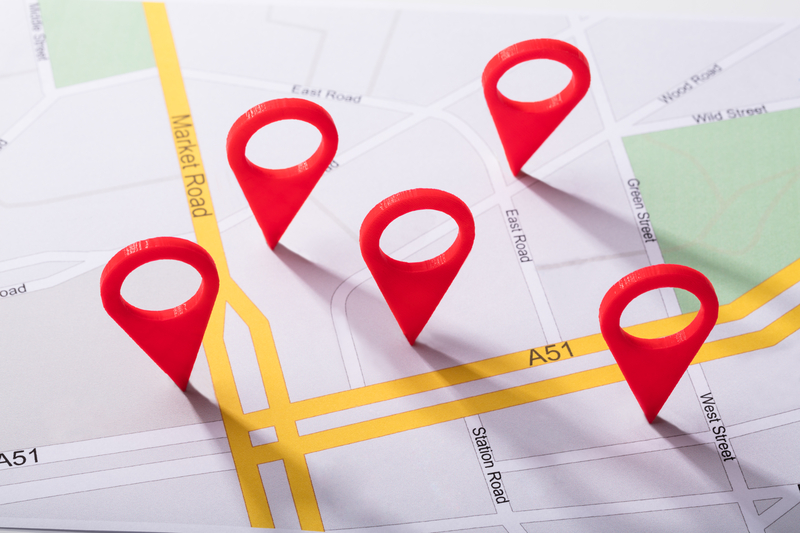
Photo: Andrey Popov | Dreamstime.com
Cities could derive more value from location data, says report
29 June 2022
by Sarah Wray
Greater use of address and street data by local authorities in England and Wales could generate £384 million (US$467 million) in savings from 2022 to 2026, a new report finds.
According to the research commissioned by GeoPlace LLP and conducted by location strategy firm ConsultingWhere, this represents an enhanced return on investment of approximately 6:1, meaning that every £1 invested in using address and street data more effectively has the potential to deliver £6 in cost efficiencies and increased revenue.
Savings are most likely in adult social care, education, planning, and environmental health and data integration.
GeoPlace, which is a partnership between the Local Government Association and national mapping agency Ordnance Survey, says this 6:1 ROI is achievable by making better use of Unique Property Reference Numbers (UPRNs) and Unique Street Reference Number (USRNs).
UPRNs and USRNs are identifiers for every addressable location and street in Great Britain, assigned by local authorities and Ordnance Survey. They link datasets together and share information with other organisations throughout a property’s lifecycle.
A place for everything
The report finds that uses of the data in England and Wales has already delivered increased revenue streams and cost savings of an estimated £250 million over the last five years, with an ROI of 4:1 derived from reduced data duplication and increased system integration, improved tax revenues, customer service enhancement through web delivery of services, and route optimisation in waste management.
A statement from GeoPlace said: “Everything the local government does happens somewhere, be it housing a homeless person, collecting someone’s bin or providing support to a family in difficulty. Precise location information is essential for councils to deliver services.
“By adopting and using UPRNs to join disparate systems, councils can derive the valuable insights needed to deliver area-based services effectively on the ground.”
ConsultingWhere highlighted several barriers to local authorities using location data, including a lack of funds; a lack of resources to integrate systems and use the data effectively; and poor management awareness of the benefits.
In addition, local authorities often have concerns about personal data, although GeoPlace says UPRNs make it possible to identify a property without needing to use the names and details of any people living there.
The report also finds that procurement of new software systems frequently fails to specify the need to support address and street data.











